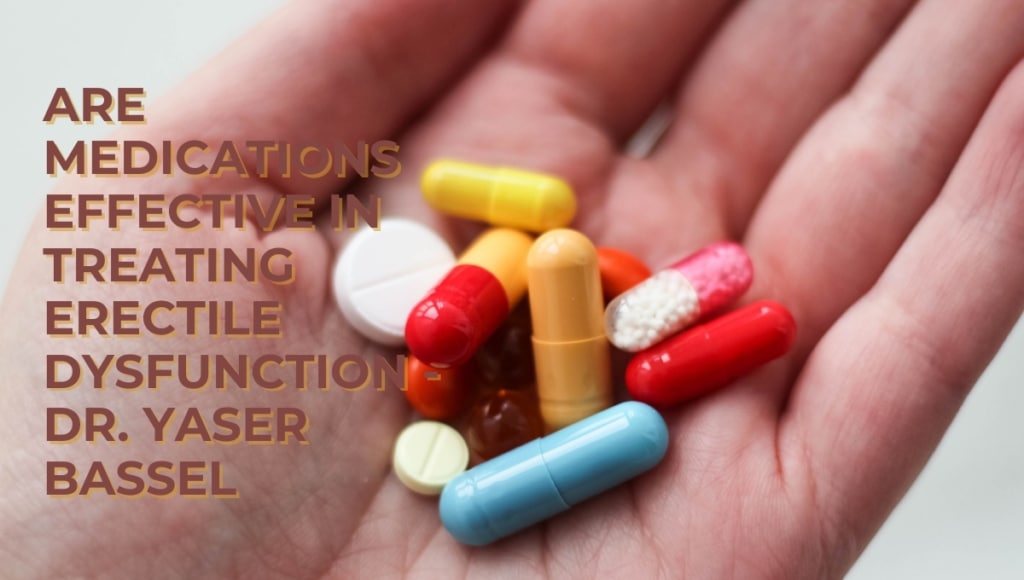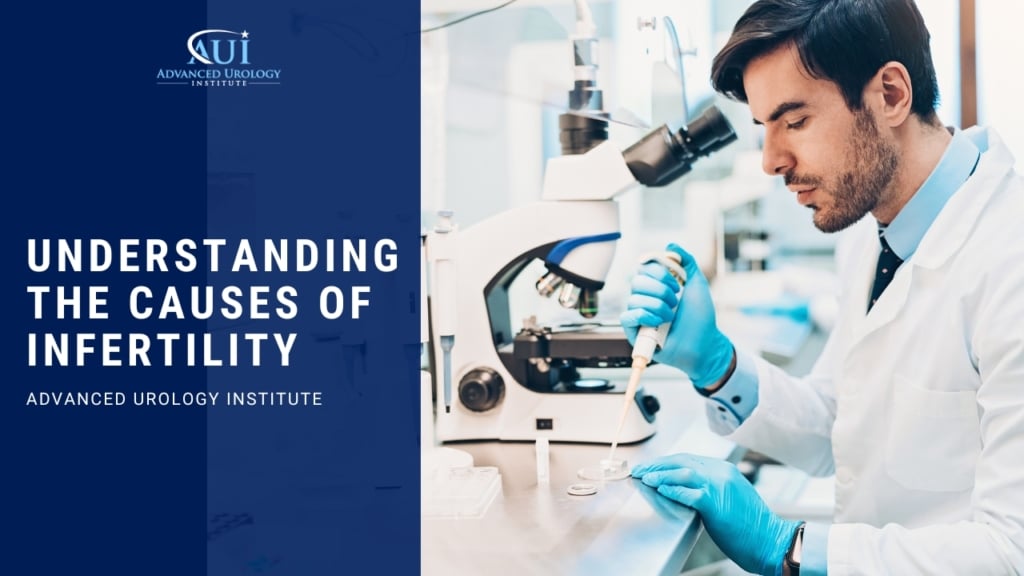INFERTILITY
INFERTILITY

Sometimes couples who are young and healthy are unable to conceive a child even after over a year of trying. Infertility is the inability of either the male or female or the combination of both to conceive a child. Approximately 12% of American women (7.2 million) are infertile, and that figure does not include those who have been physically impaired. Some cases of infertility are easy to identify and alleviate, while others are not. An estimated 65% of cases are related to the woman’s fertility and 20% of the cases are related to the man’s fertility. About 15% of the time the cause cannot be identified.
What are the Causes of Infertility?
Infertility affects both sexes and the causes are many. Men’s infertility is often caused when testicle veins become enlarged. This condition elevates their temperature which, in turn, impacts the number or shape of the sperm. Abnormally shaped sperm may have difficulties with movement. Injuries or damage to any part of the reproductive system can block sperm flow or production.
A woman’s infertility may result from ovaries that do not mature or produce eggs. Another problem affecting women is damage to the fallopian tubes caused by infections. Other factors in preventing conception include being overweight or underweight, tubal blockage, previous tubal ligation, uterine problems or even age. Female fertility declines sharply after the age of 35.
Sometimes these problems occur simultaneously which can greatly decrease the chance of becoming pregnant, and some causes are never known or established. For more information about infertility, consult with your doctor or schedule an examination.
Sperm development (spermatogenesis) takes place in the ducts (seminiferous tubules) of the testes. Cell division produces mature sperm cells (spermatozoa) that contain one-half of a man’s genetic code. Each spermatogenesis cycle consists of six stages and takes about 16 days to complete. Approximately five cycles, or 2 months, are needed to produce one mature sperm. Energy-generating organelles (mitochondria) inside each sperm power its tail (flagellum) so that it can swim to the female egg once inside the vagina. Sperm development is ultimately controlled by the endocrine (hormonal) system that comprises the hypothalamic-pituitary-gonadal axis.
Because sperm development takes over 2 months, illness that was present during the first cycle may affect mature sperm, regardless of a man’s health at the time of examination.
According to the National Institutes of Health, male infertility is involved in approximately 40% of the 2.6 million infertile married couples in the United States. One- half of these men experience irreversible infertility and cannot father children, and a small number of these cases are caused by a treatable medical condition. Numerous congenital and acquired conditions affecting the testicles can affect their ability to produce sperm, such as a history of undescended testicle(s) at birth, injury to the testicle(s), exposure to certain chemicals or drugs, or genetic diseases. Blockage of the flow of sperm from the testicle(s), to the urethra or the blockage or inadequate production of sperm or other semen products can be the cause of infertility.
Our physicians will start with a detailed patient history and physical examination along with two or three properly collected semen analysis is the initial work-up. This is typically followed by certain x-ray studies, such as testicular and/or prostate ultrasound, sperm duct flow x-rays, or testicular biopsy.
What are the Treatments for Infertility?
Depending on the diagnosis, your doctor may recommend medications such as Milophene, Clomid or Serophene. This pill will stimulate the female’s ovaries to release eggs, thereby improving her chances of becoming pregnant. Medications are often tried first because they are considered safe and effective. When the condition of infertility is more severe and complicated, surgery may be recommended. This type of surgery is performed by a trained urologist.
Treatment of male infertility depends on the diagnosis. If, for example, the vas or other parts of the reproductive tract are blocked, microsurgery can be used to remove the blockage and reconnect the cut segments. If the man has low levels of hormones, certain injections can stimulate the production of sperm. The success of these treatments depends on the nature, severity and often the duration of the problem.
An alternate method of fertility treatment is to achieve pregnancy by means of artificial insemination. This involves obtaining healthy eggs from the ovary and healthy sperm from the male, uniting them both in a laboratory setting with the aim of producing one or more embryos. When the fertilized egg is stable and strong, it is reinserted into the woman’s reproductive tract in a procedure called embryo transfer, so that the fertilized egg continues to grow in the mother’s womb.
PHYSICIANS WHO SPECIALIZE IN
INFERTILITY




STAY IN THE KNOW













